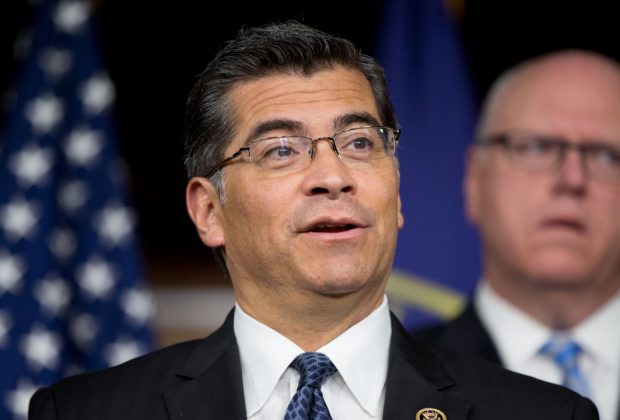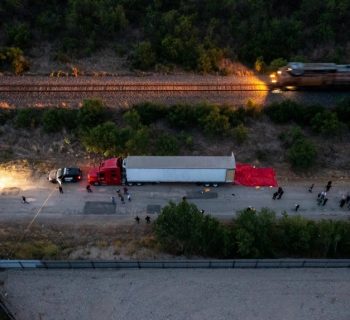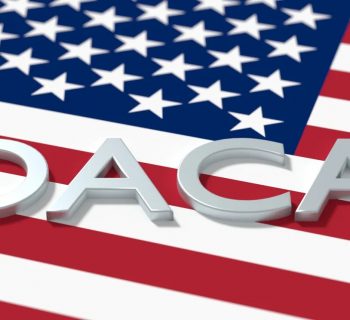California continued its push to count undocumented immigrants in the census Monday as the U.S. Supreme Court raised questions about whether it’s constitutional for President Donald Trump to exclude them.
Trump’s July memorandum to exclude unauthorized immigrants from the count used to determine congressional representation has significant implications for California, a state home to more than 2 million undocumented immigrants.
It stands to lose one to two congressional seats if those immigrants are not counted, according to the Public Policy Institute of California senior fellow Eric McGhee.
Newly appointed Justice Amy Coney Barrett expressed doubt over the Trump administration’s argument in oral arguments Monday, telling Acting U.S. Solicitor General Jeffrey Wall that “a lot of the historical evidence and long-standing practice really cuts against your position.”
The case before the Supreme Court, Trump v. New York, is the latest challenge from the Trump administration to alter the protocols of the once-in-a-decade count following a failed attempt to add a citizenship question to the 2020 census last year.
But it is not the only one. California Attorney General Xavier Becerra on Monday filed a U.S. Supreme Court brief in support of a similar case led by the city of San Jose, calling Trump’s census order “unconstitutional.” In the New York case, California is involved as a friend of the court.
“For hundreds of years, the U.S. Constitution has been clear: everyone counts,”Becerra said in a statement. “Here in California, we know that fundamental value extends beyond the census. No matter the color of your skin or where you come from, you count. The President doesn’t have the authority to say otherwise. It’s in our laws and, as a nation of immigrants, it’s part of who we are. We’re going to keep fighting to protect that and make sure all Californians are able to make their voices heard.”
On behalf of the Trump administration, Wall defended the memo on Monday before the court, saying the president has broad discretion to decide how the census is conducted. He said it is not yet clear that many states would be affected.
“As of this very morning, career experts at the Census Bureau confirmed with me that they still don’t know, even roughly, how many illegal aliens they will be able to identify, let alone how their number and geographic concentration might affect apportionment,” he said. “If they don’t know, certainly the other parties of this case do not.”
New York Solicitor General Barbara Underwood argued the census has always “deliberately” included non-citizens and people ineligible to vote in the census apportionment base.







